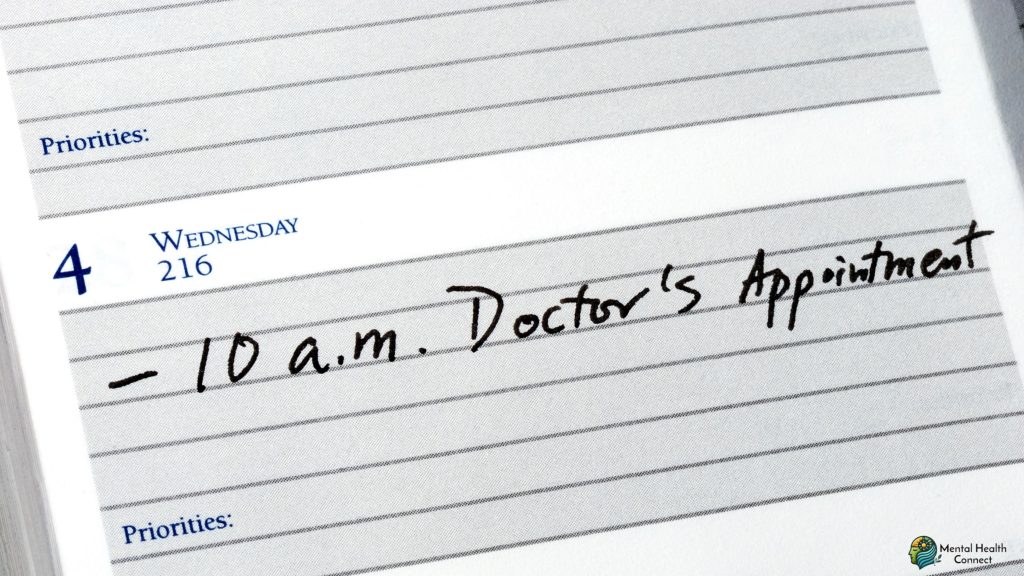Scheduling and Billing Tools for Mental Health Clinics: Top Picks for 2025

Good scheduling and billing tools are vital for mental health clinics today. Having the right systems can determine whether your practice succeeds or gets overwhelmed by paperwork and administration. The best tools help your clinic run smoothly, while poor ones can create constant headaches and obstacles to growth. As we move through 2025, several innovative solutions have emerged to address the unique challenges faced by mental health professionals.
The Current State of Mental Health Practice Management
Mental health clinics face unique challenges in practice management, from insurance complexities to appointment scheduling nuances. Unlike general medical practices, mental health providers often deal with:
- Longer appointment durations
- Complex insurance authorization requirements
- Sensitive documentation needs
- Higher no-show rates
- Specialized billing codes and modifiers
Essential Features for Mental Health Scheduling Systems

1. Client Self-Scheduling Capabilities
Today’s clients expect the convenience of online scheduling. For example, SimplePractice’s client portal allows clients to view available appointment slots and book directly, reducing administrative phone time by up to 40%. Similarly, Therapy Notes offers customizable scheduling rules that prevent double-booking while allowing clients to self-schedule within parameters you define.
2. Intelligent Calendar Management
Beyond basic scheduling, advanced tools provide sophisticated management features. TherapyAppointment includes room allocation functionality that automatically assigns appropriate spaces based on appointment type. Meanwhile, TheraNest offers multi-location calendar views that help practices with multiple offices coordinate efficiently.
3. Appointment Reminder Systems
Specialized reminder systems like Reminder Genie integrate with practice management software to send automated texts, emails, and voice reminders. RevenueWell’s mental health module customizes reminder timing and frequency based on client history and no-show risk factors, reducing missed appointments by up to 30%.
Leading Mental Health Billing Solutions for 2025

1. Insurance Verification Tools
Accurate insurance verification prevents reimbursement headaches. ClinicSource offers real-time eligibility verification that checks benefits before appointments, while Office Ally provides detailed coverage breakdowns including mental health-specific benefits and authorization requirements.
2. Claims Management Features
Effective claims processing is crucial for practice revenue. Kareo’s mental health billing module includes specialized coding assistance for behavioral health, automatically suggesting appropriate modifiers. CollaborateMD offers automated claim scrubbing that identifies errors before submission, reducing rejection rates by up to 20%.
3. Patient Payment Solutions
Modern payment systems simplify client financial interactions. Ivy Pay provides HIPAA-compliant text-to-pay functionality specifically designed for therapists, while Waystar’s patient cost estimator helps communicate expected out-of-pocket expenses before treatment begins.
Implementation Best Practices
Successful implementation of new scheduling and billing tools requires:
- Thorough needs assessment: Identify specific pain points in your current workflow
- Staff involvement: Engage team members in the selection process
- Data migration planning: Develop a strategy for transferring existing client data
- Phased rollout: Consider implementing core features first, then expanding
- Comprehensive training: Invest in staff education to maximize system utilization
ROI Considerations for Mental Health Practices

When evaluating scheduling and billing solutions, consider these return-on-investment factors:
- Time savings: Calculate administrative hours saved per week
- Reduced claim rejections: Track improvement in first-pass acceptance rates
- Decreased no-shows: Measure the financial impact of improved attendance
- Faster payment cycles: Monitor changes in accounts receivable aging
Trends Shaping Mental Health Practice Management in 2025
Several emerging trends are influencing the development of scheduling and billing tools:
- Integration of AI assistants: Virtual scheduling assistants that interact naturally with clients
- Predictive analytics: Systems that forecast busy periods and optimize provider schedules
- Advanced security features: Biometric authentication and enhanced encryption
FAQ: Mental Health Scheduling and Billing Tools

How long does implementation typically take?
Most platforms require 4-6 weeks for full implementation, including data migration and staff training.
Can these systems handle sliding scale fee structures?
Yes, most modern mental health billing systems include customizable fee schedules to accommodate sliding scale arrangements.
What about telehealth integration?
The top 2025 platforms offer seamless telehealth integration, including video sessions, virtual waiting rooms, and specialized documentation.
How do these systems handle insurance authorizations?
Leading solutions automate authorization tracking, providing alerts for expiring authorizations and streamlining renewal processes.
What security measures protect patient data?
Look for HIPAA-compliant platforms with features such as encryption, role-based access controls, audit logs, and secure messaging.
-
 How to Support Someone with OCDApril 17, 2025
How to Support Someone with OCDApril 17, 2025 -


Leave a Reply